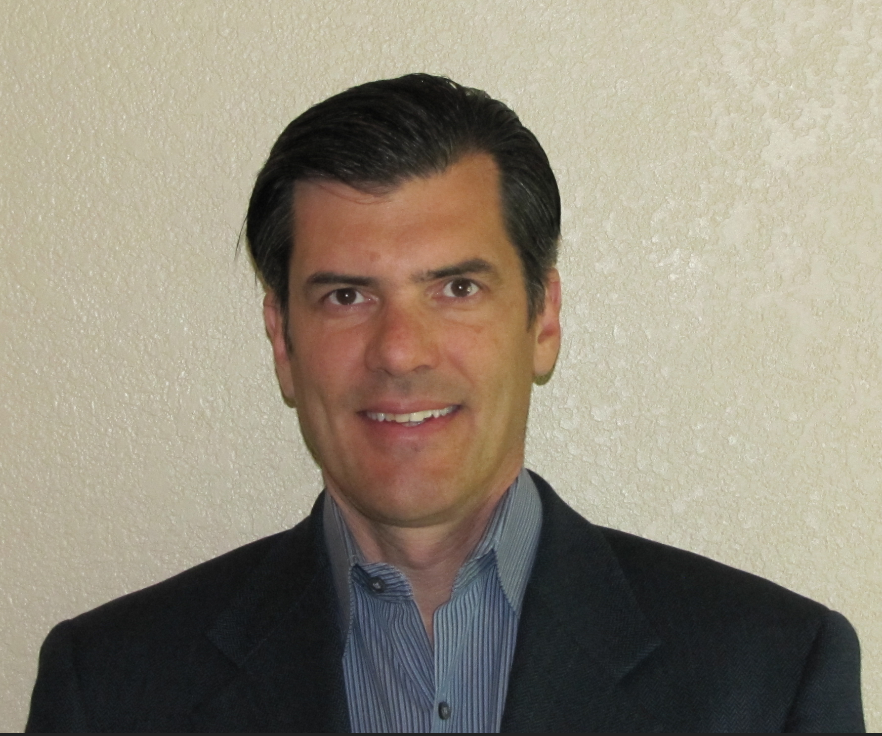Until fairly recently, enterprise software platforms for real estate largely focused on accounting, finance and other back office operations. The advanced programming languages, mobile reach and internet capacity that enable automated workflows and remote access available for the back office hadn’t reached the front office. Things are different today—for the better. In an article originally published in Journal of Property Management, Todd Huebsch, Yardi vice president of commercial sales, explains why. New software applications squarely target the front office, lending new dynamism to leasing, customer services, facility management, development and other operations. What does the evolution of technology dedicated to the front office mean in practical terms? For one, it means that property management technology has reached the point where remote access is both affordable and effective for managers involved in leasing, construction and facilities management. It also means leasing and asset management can work a deal together with a previously unattainable degree of collaboration. Development vice presidents can evaluate risk with instant access to project status, instead of waiting for a weekly report. They can leverage ERP data such as lease comps, revenue trends, contractor and job analysis, to make better decisions. Consider, for example, construction managers working to correct a problem with a building’s foundation. In an earlier era, they would call or email the back office, or even leave the site altogether to calculate the change order and negotiate the amount and cost code. Today, using apps designed specifically for their role, construction managers can enter the work order with just a few taps on a mobile device. The change order automatically flows to the back office and is recorded in the core property management and accounting platform. The adjustment is fully visible to all parties and the construction manager...
Realcomm Recap
Huebsch, Teel talk trends
Yardi’s Rob Teel, senior vice president of global solutions, and Todd Huebsch, vice president of commercial sales, discussed key trends in the commercial real estate industry in interviews at the recent Realcomm and IBCon conferences. Excerpts follow. Q: What are some key shifts that you’re seeing in commercial property management? Huebsch: From an enterprise platform standpoint, software products historically have been developed for people in back office operations such as accounting and property management. Now we see the emphasis rapidly changing to the front office—people in the field who are managing leases, construction projects and facilities. Enabling that move is a series of mobile apps and role-based tools that simplify tasks and help front office people do their jobs faster, easier and more efficiently while seamlessly connecting to the back office. These new capabilities speak to reducing risk and increasing asset value Q: What is Yardi’s primary focus area at present? Teel: There are three. One is Yardi Elevate, which, in contrast to the traditional chief financial officer focus of property management software, is tailored to a chief operating officer whose direct reports might include the leaders of leasing, asset management, construction and facilities management. Another key focus is energy management, which addresses the needs of COOs and chief engineers who are looking to reduce consumption and expenditures and boost sustainability. Yardi has made five acquisitions in three years in this area and it’s one of our leading long-term strategic visions. And coworking has gone through a revolution in the last two years. Today about 1% of commercial offices in the U.S. are tagged as coworking space but we think it might go to 5-10% in the U.S. and globally within a few years. We made two acquisitions that brought us the Yardi KUBE...


